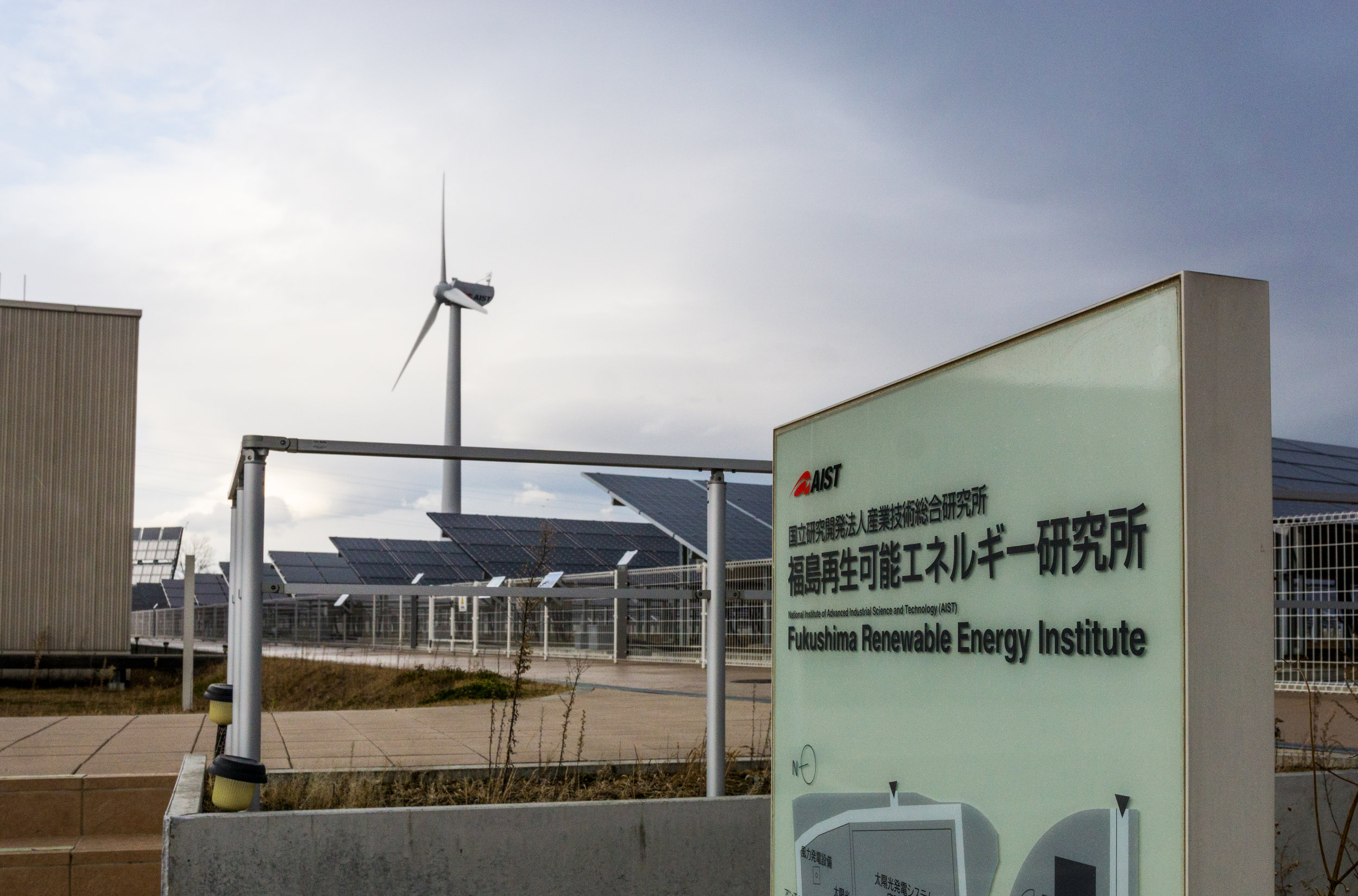My first article for Vox is about how to stop a hurricane, or at least reduce the damage it dishes out. Given the destruction they cause, people have proposed all sorts of crazy ideas for how to deal with these storms, including dropping nuclear weapons on them. In this article, I explore a couple more plausible ideas for mitigating these storms. Even if they don't work, these proposals could help us better understand why these storms form in the first place and how to anticipate them.
Explain the news
I'm leaving E&E News to start a new job as a staff writer at Vox. I'll be covering many of the same topics but at a broader scale and for a more general audience. Vox's ethos of providing context to current events is appealing and I think it's a useful approach to covering environmental issues, which can often become difficult to follow for people who aren't monitoring every increment of emissions trading in the northeast or lawsuits against oil companies.
I'll probably branch out here and there into a few other topics as well.
However, I'd be remiss if I didn't express my gratitude to my friends and colleagues at E&E News. This was my first job as a journalist and wonderful folks there made it a great place to work and learn the craft. E&E News still provides some of the best environmental reporting around and I will continue to follow their work.
KONNICHI WA
After the nuclear crisis at the Fukushima Daiichi nuclear reactor in 2011, the region faced an energy reckoning. Officials in the region decided to bet big on clean energy, vowing to power the prefecture with 100 percent renewable energy by 2040 and developing clean energy as an export product.
For the country as a whole, clean energy may soon be an important part of its trade with the United States. But with President Trump's withdrawal from the Paris climate accords, the United States may not be as interested in buying Japanese clean tech.
Texas Two-Step
Energy Secretary Rick Perry has avoided generating much controversy on the job so far, but he's been spending a lot of time on the road. He's visited several national laboratories and energy research sites while avoiding controversial topics like proposed budget cuts for his department or climate change.
A heated debate
Energy Secretary Ernest Moniz said that Clinton and Trump should address climate change in their next debate. However, he said the presidential candidates shouldn't merely debate the problem but the solutions they are willing to deploy.
Hydrogen holdup
Fuel cell cars are having a hard time gaining ground because the fuel, hydrogen, isn't available widely and cheaply in the United States, according to analysts. Nonetheless, fuel cells as a technology are gaining ground in aircraft, trains and stationary applications.
Catch (carbon) and release (underground)
Without much fanfare, the world's largest post-combustion carbon capture and storage system is taking shape in Texas. This project is actually staying on budget and proceeding according to schedule, unlike some other carbon capture projects in the United States. It's scheduled to go online before the end of the year.
